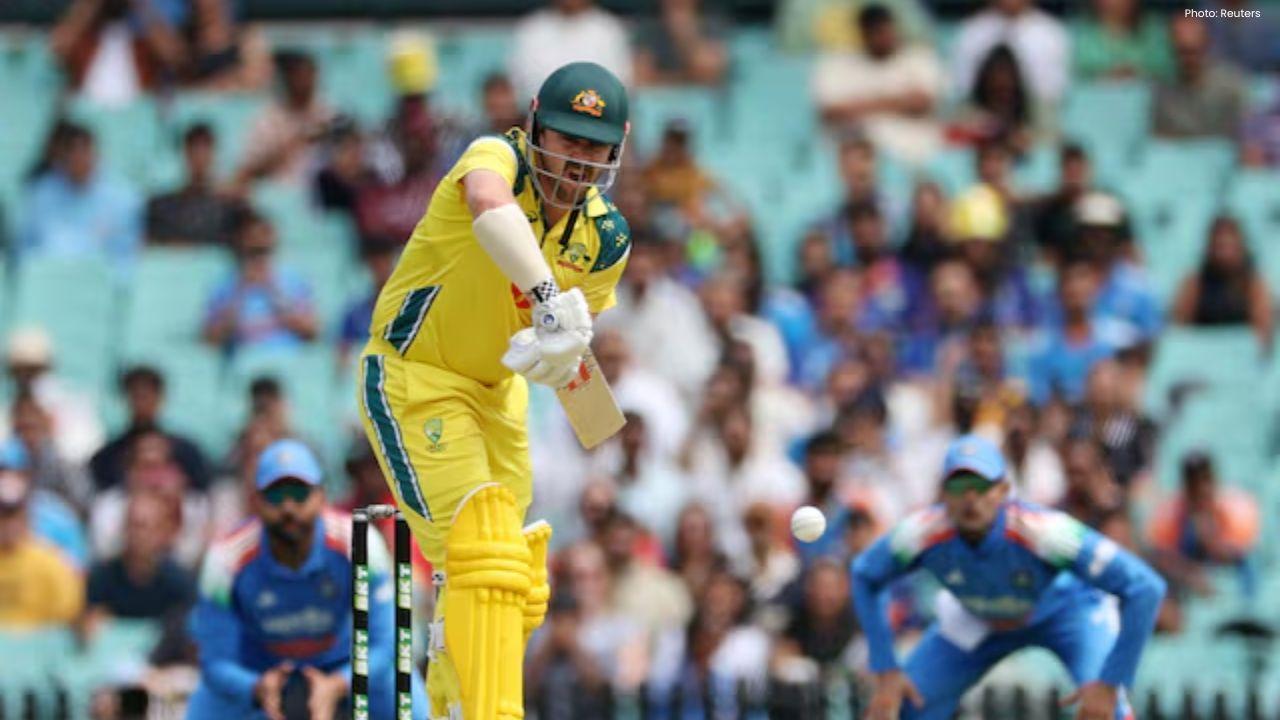
Post by : Saif Al-Najjar
Regular exercise supports heart health, strength and wellbeing. But exceeding your limits can be counterproductive — excessive training may lead to injuries, persistent tiredness and other health problems.
Health professionals urge people to pay attention to bodily signals. Dr. Priya Sharma, a sports medicine specialist, warns, "Too much training without adequate rest can suppress immunity, raise injury risk and harm mental wellbeing."
Warning signs of overtraining
Watch for these indicators that your routine may be excessive:
Ongoing fatigue: Constant tiredness, even after sleep, suggests your body needs recovery time rather than more exercise.
Lingering pain or repeated injuries: Soreness that does not ease or recurring injuries are red flags that training load is too high.
Sleep disruptions: Overtraining can disturb sleep patterns, making it hard to fall or stay asleep.
Low motivation or mood shifts: A drop in enthusiasm for workouts or increased anxiety and low mood can signal overreach.
Slower recovery and performance drops: If your muscles take longer to recover or your results decline, you may be overdoing it.
More frequent illnesses: Excessive exercise can weaken your immune response, increasing susceptibility to colds and infections.
How to manage training safely
Experts suggest straightforward measures to prevent overtraining:
Schedule rest days: Allow at least one or two days weekly for recovery — rest is essential for progress.
Respond to your body: Stop or reduce exercise when you notice pain, extreme tiredness or unusual soreness.
Mix your routines: Alternate cardio, strength work and flexibility sessions to avoid constant stress on the same tissues.
Prioritise sleep: Quality sleep supports repair and keeps energy levels stable.
Eat balanced meals: Adequate protein, fruits, vegetables and hydration help recovery and performance.
Many people push hard for fast gains, but overtraining can undermine long-term health. Striking a balance between challenge and recovery produces better results.
Dr. Sharma adds, "Effective fitness is about smart programming, not more hours. Rest and recovery are critical for both body and mind."
If you recognise these signs, reduce intensity or take a short break. A coach or physician can help design a safer plan that maintains fitness without harming health.
Protecting your body is central to lasting fitness. Remember: more exercise is not always better — thoughtful training, rest and nutrition build stronger, healthier outcomes.










Zohran Mamdani Elected New York City Mayor; Victory Celebration Features Bollywood Hit
Zohran Mamdani wins NYC mayoralty, the city's first Muslim and South Asian mayor; victory rally even

Nita Ambani Cheers India’s Women’s World Cup Triumph
Nita Ambani celebrated India’s Women’s World Cup win with grace and elegance, cheering proudly in st

Victoria Mboko Wins Montreal and Hong Kong Titles
Teen tennis star Victoria Mboko wins Montreal and Hong Kong titles, defeating Grand Slam champions a

Suns Defeat Spurs 130–118, Booker Leads with 28 Points
Devin Booker scored 28 points and 13 assists as the Phoenix Suns ended the San Antonio Spurs’ unbeat

Wolves Remove Coach Pereira After Poor Premier League Run
Wolverhampton have dismissed manager Vitor Pereira after failing to win any of their first ten Premi

Travis Head Leaves T20 Squad For Ashes Preparation
Australia’s Travis Head leaves T20 series against India to join Sheffield Shield for red-ball practi